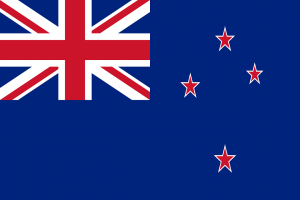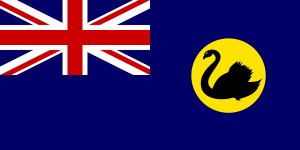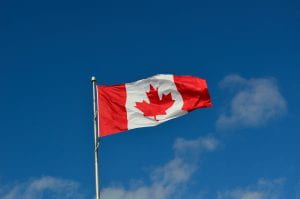I am writing a post for each state of Australia and New Zealand with a list of great resources for researching ancestors in that particular place. Tasmanian records are held mainly at Libraries Tasmania where both archive and library resources are on the one website.
In October 2021, our Twitter group #ANZAncestryTime had a session about New Zealand. The tips for great websites come from this chat.
All headings link to the website.

BDMs in New Zealand
NZ govt Births Deaths and Marriages allows you to work out the day the event is recorded happening. You can order printout (not the certificate) for NZD25 and will arrive via email. Yes! It’s cheaper, and for older records it’s a copy of the actual register entry, whereas the certificate is usually typed/transcribed.
Archives New Zealand
Make sure you check the different portals and collections on the main page of the archives. Help is here for searching the collections. They also explain how to search the collections using filters etc. You can also check the research guides for the archive.
PapersPast
This is the New Zealand equivalent of Australia’s Trove website where you can search newspapers to help tell the stories of your ancestors. As with Trove, you can also search diaries, journals, letters and books about New Zealand on this site. Make sure you read the help page so your searching can be done efficiently.
New Zealand Society of Genealogists
There are collections and resources available at this site but as a member there are other things to look at as well.
NZ Electronic Text Collection
Part of the Victoria University of Wellington Library. This includes digitized historical texts and manuscripts including the Cyclopaedia of New Zealand. To refine your search check out this help page.
Digital New Zealand
Millions of resources and lots of collections to check out. Check this out to explore by format, topic, place etc. Remember to check the help page especially for copyright and reuse of documents etc.
New Zealand History
Here you can search by topic, event, people or places. Most are sorted A-Z.
New Zealand Blue Books
Carmel Galvin has written a post about the New Zealand Blue books which can be found as part of the Australian Joint Copying Project (AJCP). These books include lists of early colonial appointments.
NZ Genweb
Lots of links to various topics around New Zealand. Not sure when it was last updated.
Did you have a relative come out to work on the railways? Visit this site and click on link for thesis.
Readers: What are other important websites you use to gather information when researching ancestors in New Zealand?
Please read the comments as other family historians have added more websites to use.


